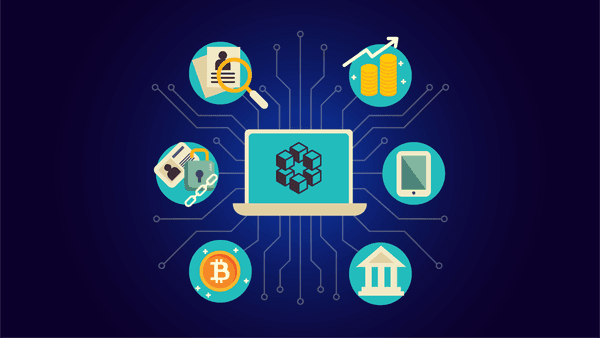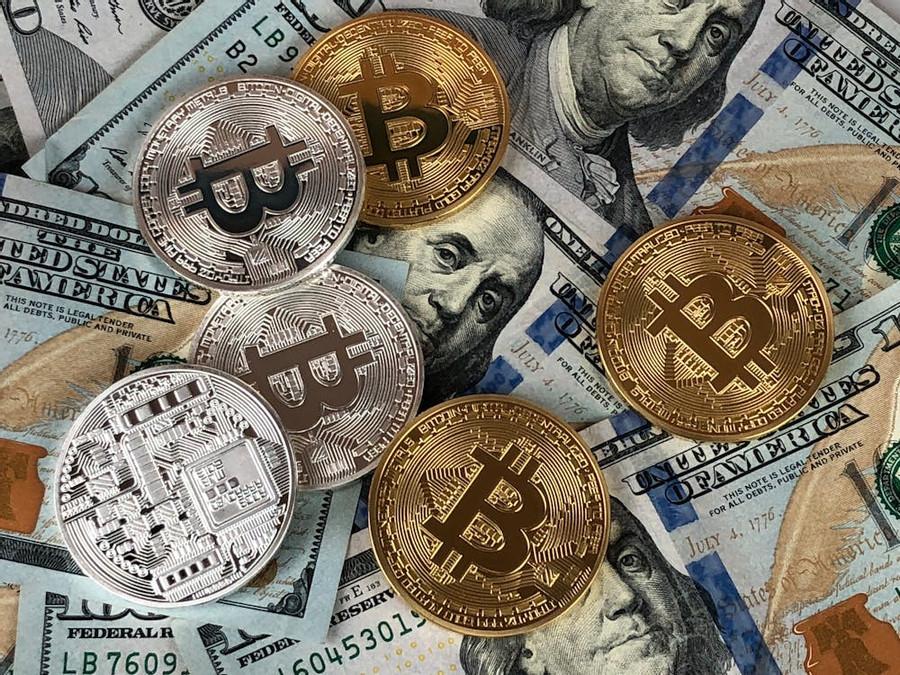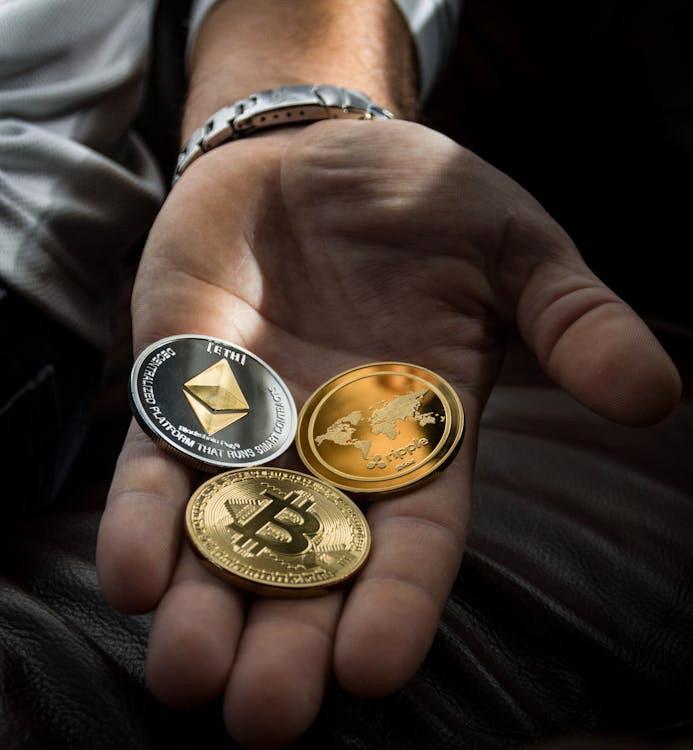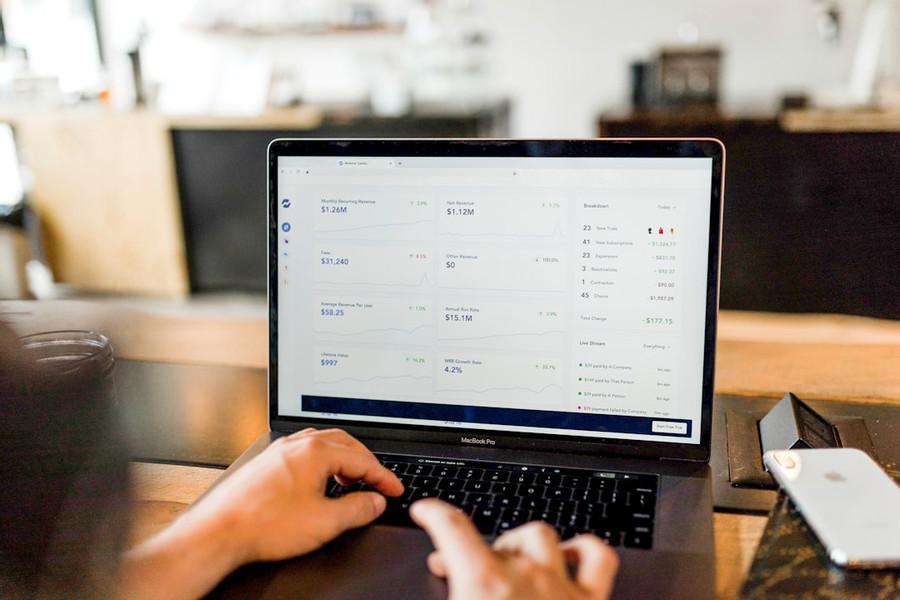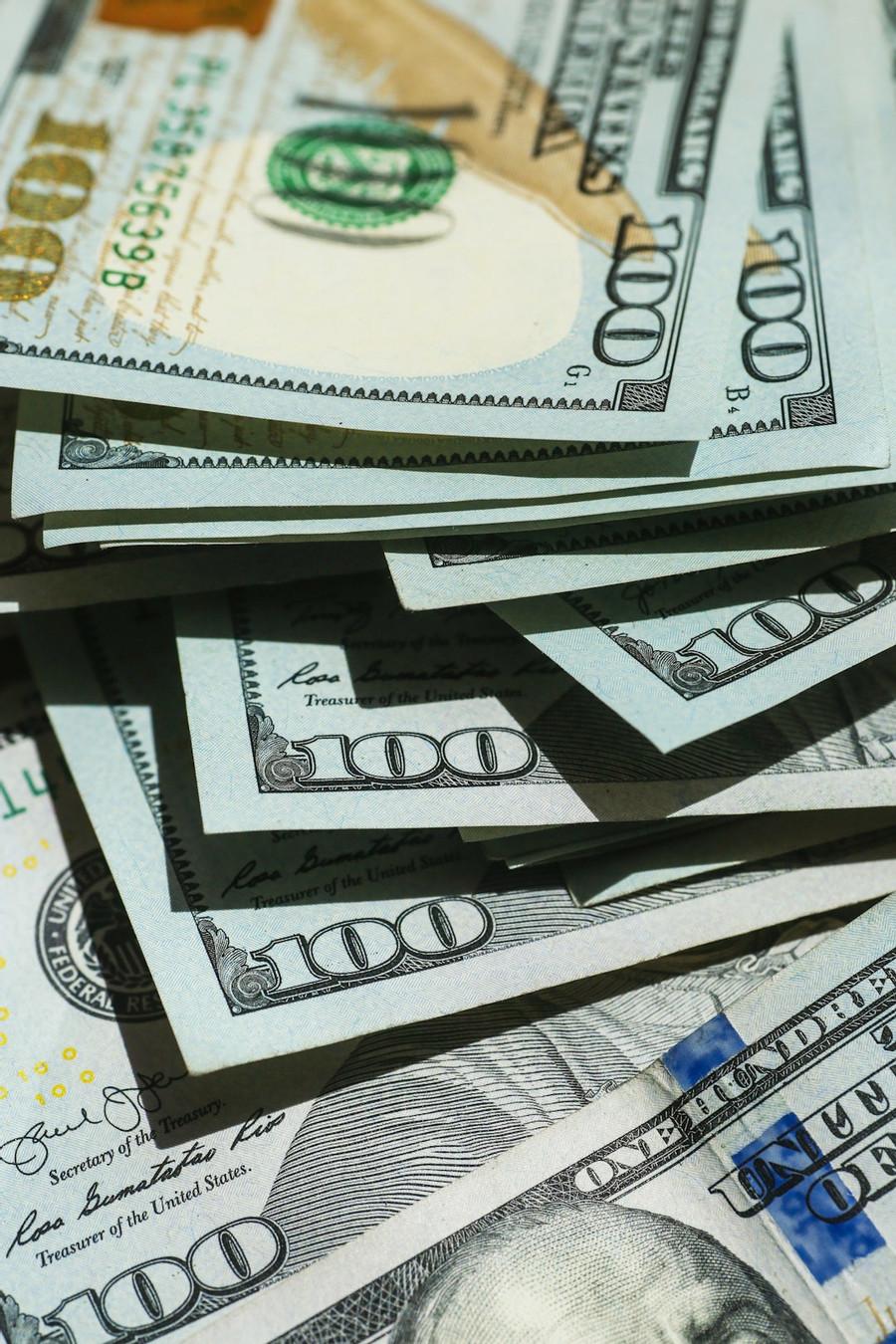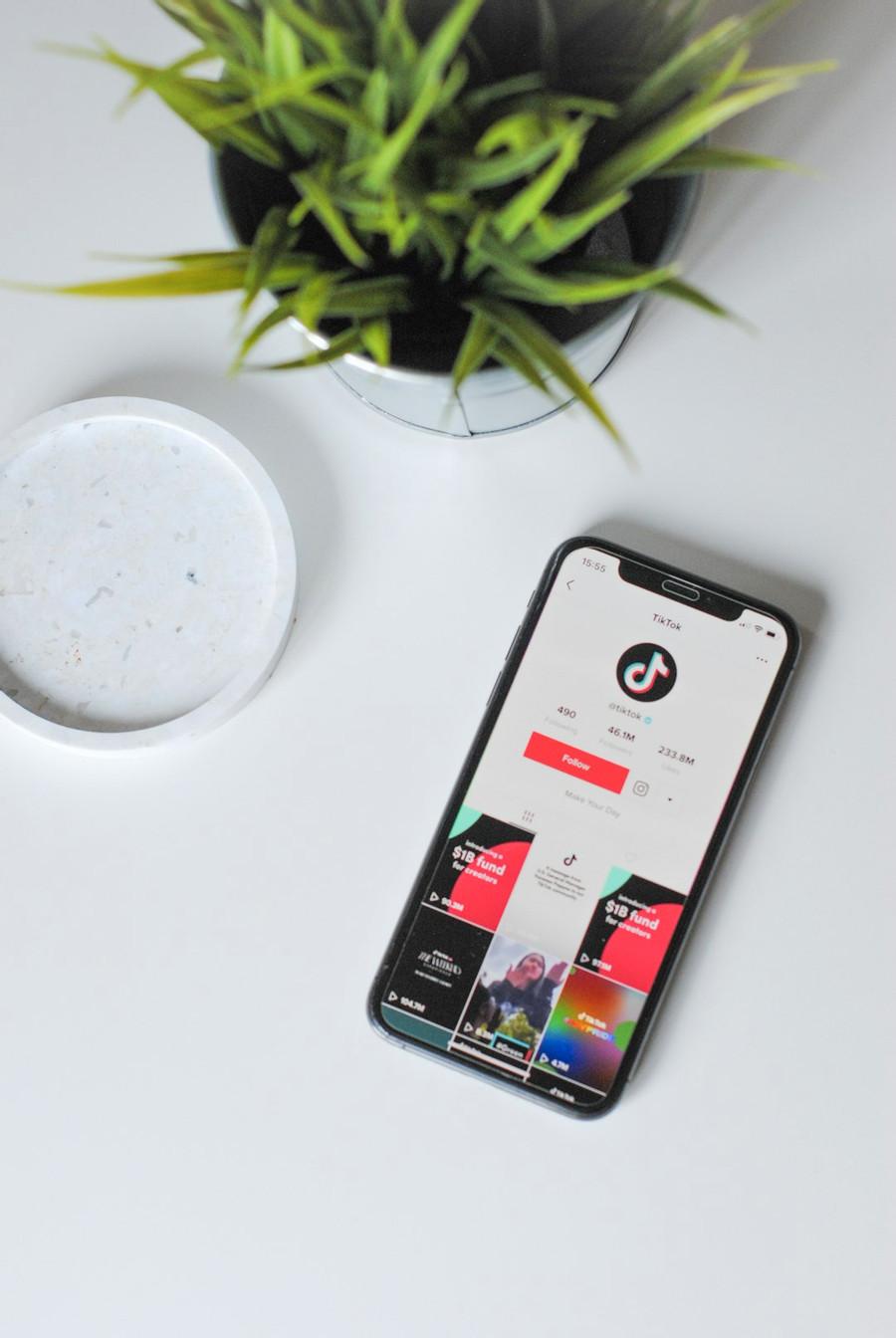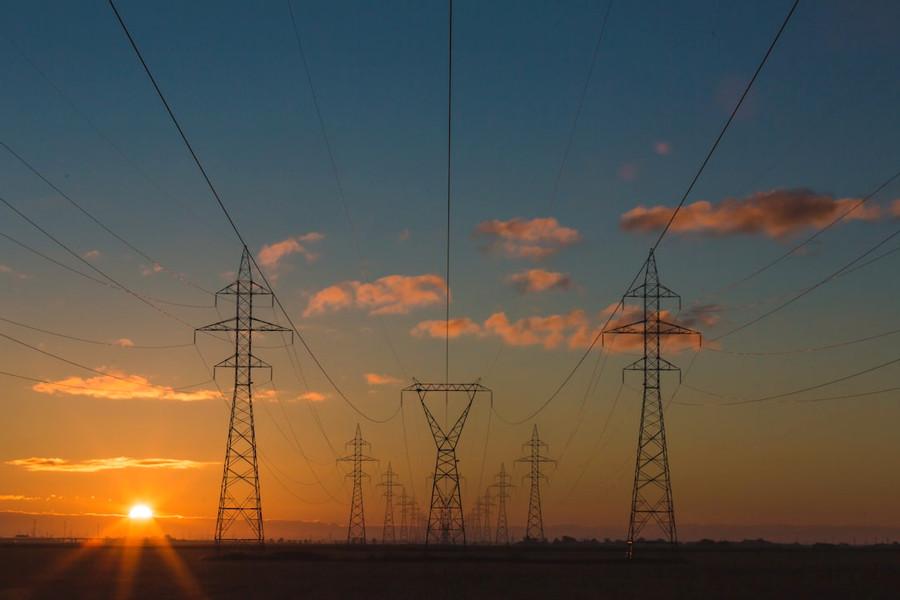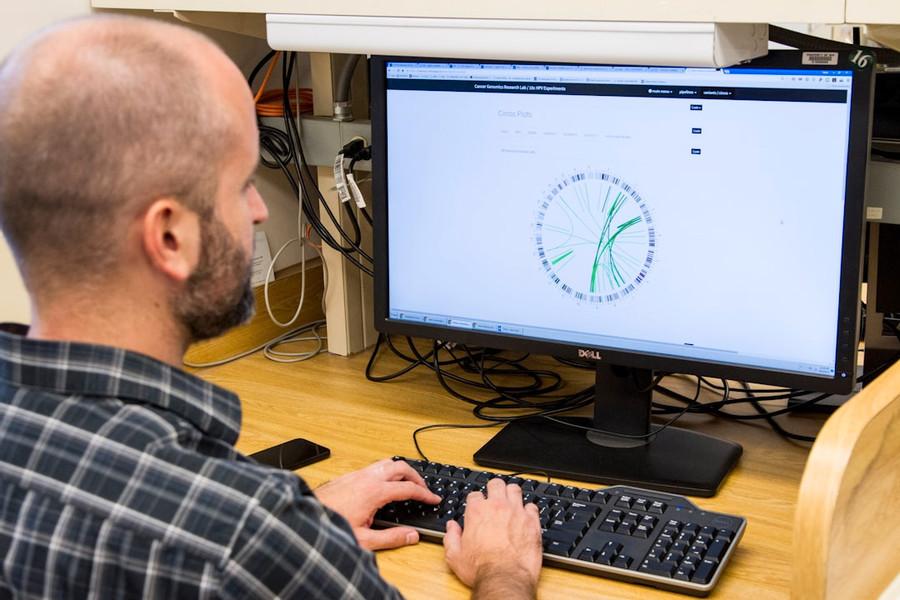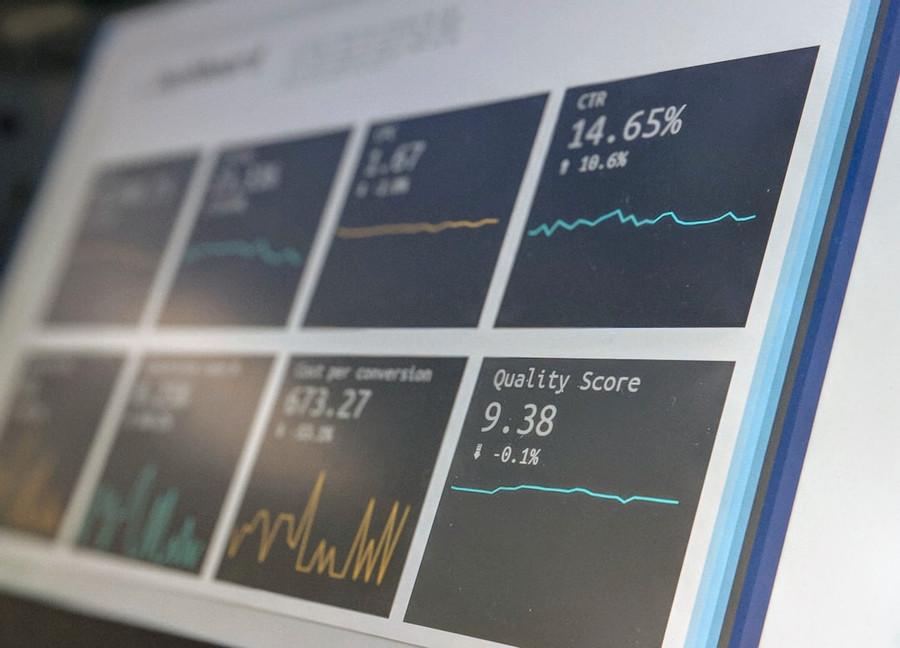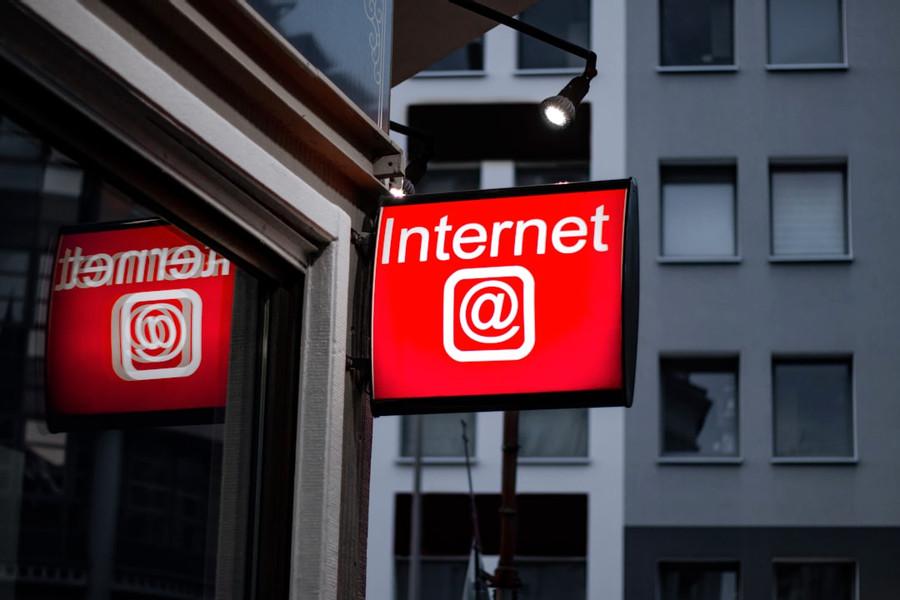The growing list of applications and use cases of blockchain technology in business and life
Curated from: insiderintelligence.com
4
Explore the World's Best Ideas
Join today and uncover 100+ curated journeys from 50+ topics. Unlock access to our mobile app with extensive features.
Underneath The Crypto Hood
As Bitcoin and other cryptocurrencies have been picking up steam, focus has turned to blockchain – the underlying distributed ledger technology (DLT) that powers these digital currencies.
Blockchain technology exists as a shared database filled with entries that must be confirmed by peer-to-peer networks and encrypted.
It is a strongly encrypted and verified shared Google Document, in which each entry in the sheet depends on a logical relationship to all its predecessors, and is agreed upon by everyone in the network.
11
66 reads
It Started With Finance
Blockchain technology has many more potential use cases beyond other than just serving as the fuel behind Bitcoin. It changes the game for finance, business, government, and other industries.
Blockchain provides a way to securely and efficiently create a tamper-proof log of sensitive activity. This makes it excellent for international payments and money transfers.
We look at the other use cases for Blockchain.
10
43 reads
Capital Markets
Blockchain-based systems also have the potential to improve capital markets. A McKinsey report identifies benefits that blockchain solutions offer capital markets, some of which include:
- Faster clearing and settlement
- Consolidated audit trail
- Operational improvements
For example, Axoni is a startup founded in 2013 and builds blockchain-based solutions specifically for capital market improvement.
10
43 reads
Trade Finance
Historic methods of trade financing have been a major pain point for businesses because the slow processes often interrupt business and make liquidity hard to manage. Cross-border trade involves a large number of variables when communicating information – such as country of origin and product details – and transactions generate high volumes of documentation.
Blockchain has the ability to streamline trade finance deals and simplify the process across borders. It enables enterprises to more easily transact with each other beyond regional or geographic boundaries.
10
31 reads
Regulatory Compliance and Audit
The extremely secure nature of blockchain makes it rather useful for accounting and auditing because it significantly decreases the possibility of human error and ensures the integrity of the records. On top of this, no one can alter the account records once they are locked in using blockchain tech, not even the record owners. The trade-off here is that blockchain tech could ultimately eliminate the need for auditors and erase jobs
10
29 reads
Money Laundering Protection
Once again, the encryption that is so integral to blockchain makes it exceedingly helpful in combating money laundering. The underlying technology empowers record keeping, which supports “Know Your Customer (KYC),” the process through which a business identifies and verifies the identities of its clients.
10
33 reads
Insurance
Arguably the greatest blockchain application for insurance is through smart contracts. These contracts allow customers and insurers to manage claims in a transparent and secure manner. All contracts and claims can be recorded on the blockchain and validated by the network, which would eliminate invalid claims since the blockchain would reject multiple claims on the same accident.
For example, openIDL, a network built on the IBM Blockchain Platform with the American Association of Insurance Services, is automating insurance regulatory reporting and streamlining compliance requirements.
10
24 reads
Peer-to-Peer Transactions
P2P payment services such as Venmo are convenient, but they have limits. Some services restrict transactions based on geography. Others charge a fee for their use. And many are vulnerable to hackers, which is not appealing to customers who are putting their personal financial information out there. Blockchain technology, with all its aforementioned benefits, could fix these roadblocks.
10
22 reads
Blockchain Applications in Business: Supply Chain Management
Blockchain’s immutable ledger makes it well suited to tasks such as real-time tracking of goods as they move and change hands throughout the supply chain. Using a blockchain opens up several options for companies transporting these goods. Entries on a blockchain can be used to queue up events with a supply chain — allocating goods newly arrived at a port to different shipping containers, for example. Blockchain provides a new and dynamic means of organizing tracking data and putting it to use.
10
15 reads
Healthcare
Health data that is suitable for blockchain includes general information like age, gender, and potentially basic medical history data like immunization history or vital signs. On its own, none of this information would be able to specifically identify any particular patient, which is what allows it to be stored on a shared blockchain that could be accessed by numerous individuals without undue privacy concerns.
As specialized connected medical devices become more common and increasingly linked to a person’s health record, blockchain can connect those devices with that record.
10
16 reads
Real Estate
The average homeowner sells his or her home every five to seven years, and the average person will move nearly 12 times during their lifetime. With such frequent movement, blockchain could certainly be of use in the real estate market. It would expedite home sales by quickly verifying finances, reducing fraud thanks to its encryption, and offering transparency throughout the entire selling and purchasing process.
10
16 reads
Media
Media companies have already started to adopt blockchain technology to eliminate fraud, reduce costs, and even protect Intellectual Property (IP) rights of content – like music records. According to MarketWatch, the global market for blockchain in media and entertainment is estimated to reach $1.54 billion by 2024.
Example: Eluvio Content Fabric uses blockchain technology to enable content producers to manage and distribute premium video to consumers and business partners without content delivery networks.
10
12 reads
Energy
Blockchain technology could be used to execute energy supply transactions, but also to further provide the basis for metering, billing, and clearing processes, according to PWC. Other potential applications include documenting ownership, asset management, origin guarantees, emission allowances, and renewable energy certificates.
10
16 reads
Record Management
National, state, and local governments are responsible for maintaining individuals’ records such as birth and death dates, marital status, or property transfers. Yet managing this data can be difficult, and to this day some of these records only exist in paper form. And sometimes, citizens have to physically go to their local government offices to make changes, which is time-consuming, unnecessary, and frustrating.
Blockchain technology could simplify this recordkeeping and make the data far more secure.
10
11 reads
Identity Management
Proponents of blockchain tech for identity management claim that with enough information on the blockchain, people would only need to provide the bare minimum (date of birth, for example) to prove their identities.
Blockchain technology has the ability to make the voting process more easily accessible while improving security. Hackers would be no match to blockchain technology because even if someone were to access the terminal, they wouldn’t be able to affect other nodes.
10
11 reads
Compliance
The majority of regulatory oversight stems from recordkeeping, but the consequences of not maintaining records are inarguably much worse. Thus, compliance is non-negotiable for companies. Blockchain can make record updates available to regulators and businesses in real-time, in turn reducing time lags and allowing red flags and inconsistencies to be spotted sooner.
10
8 reads
Blockchain Applications in Other Industries
Cybersecurity
The biggest advantage of blockchain in cybersecurity is that it removes the risk of a single point of failure. Blockchain tech also provides end-to-end encryption and privacy.
Big Data
The immutable nature of blockchain, and the fact that every computer on the network is continually verifying the information stored on it, makes blockchain an excellent tool for storing big data.
10
11 reads
Internet Of Things
Blockchain is poised to transform practices in a number of IoT sectors, including:
The supply chain: Tracking the location of goods as they are shipped, and ensuring that they stay within specified conditions.
Asset tracking: Monitoring assets and machinery to record activity and output as an alternative to cloud solutions.
Despite these key areas where blockchain can be leveraged, the technology in the IoT is still dependent on startups.
10
13 reads
IDEAS CURATED BY
CURATOR'S NOTE
This tech is as big as the internet itself.
“
Oscar Moss's ideas are part of this journey:
Learn more about crypto with this collection
The history of fashion
The impact of fashion on society
The future of the fashion industry
Related collections
Similar ideas
5 ideas
6 ideas
How Does Blockchain Security Work, Anyway?
hackernoon.com
8 ideas
What is the Difference Between Blockchain And Bitcoin?
bernardmarr.com
Read & Learn
20x Faster
without
deepstash
with
deepstash
with
deepstash
Personalized microlearning
—
100+ Learning Journeys
—
Access to 200,000+ ideas
—
Access to the mobile app
—
Unlimited idea saving
—
—
Unlimited history
—
—
Unlimited listening to ideas
—
—
Downloading & offline access
—
—
Supercharge your mind with one idea per day
Enter your email and spend 1 minute every day to learn something new.
I agree to receive email updates
